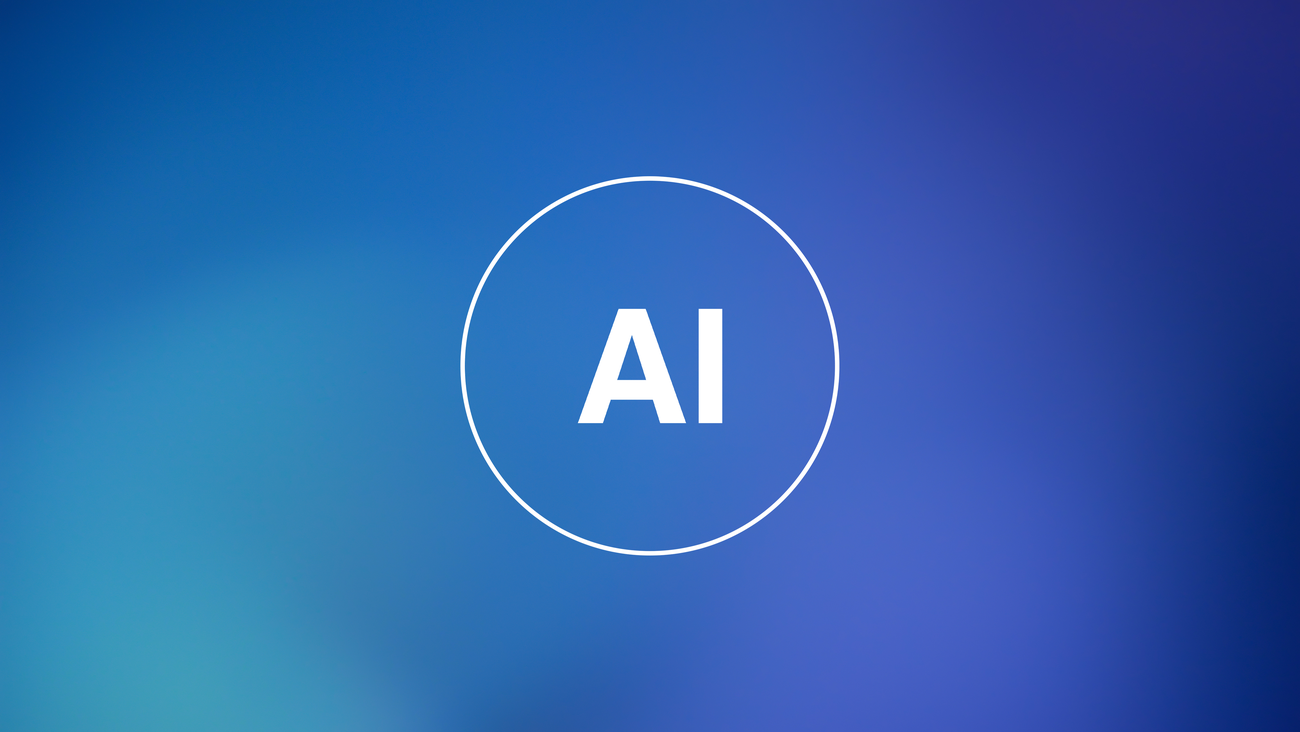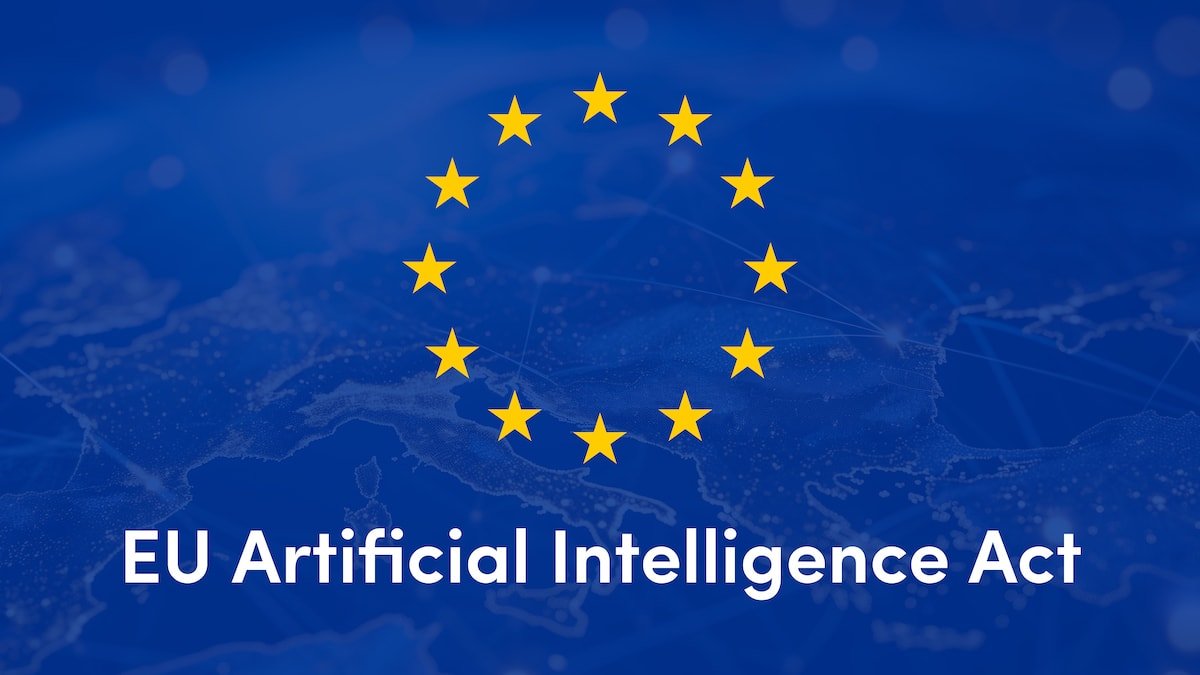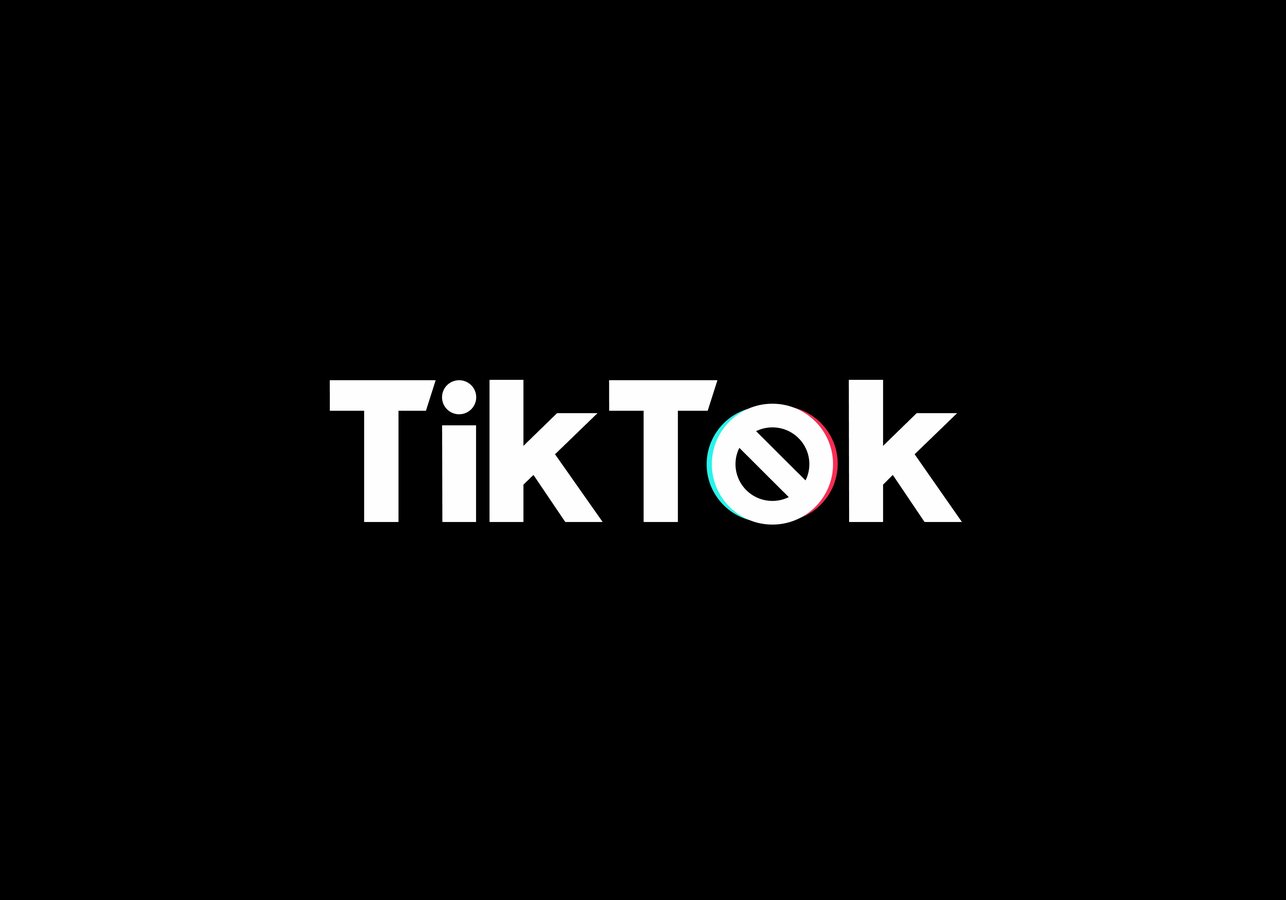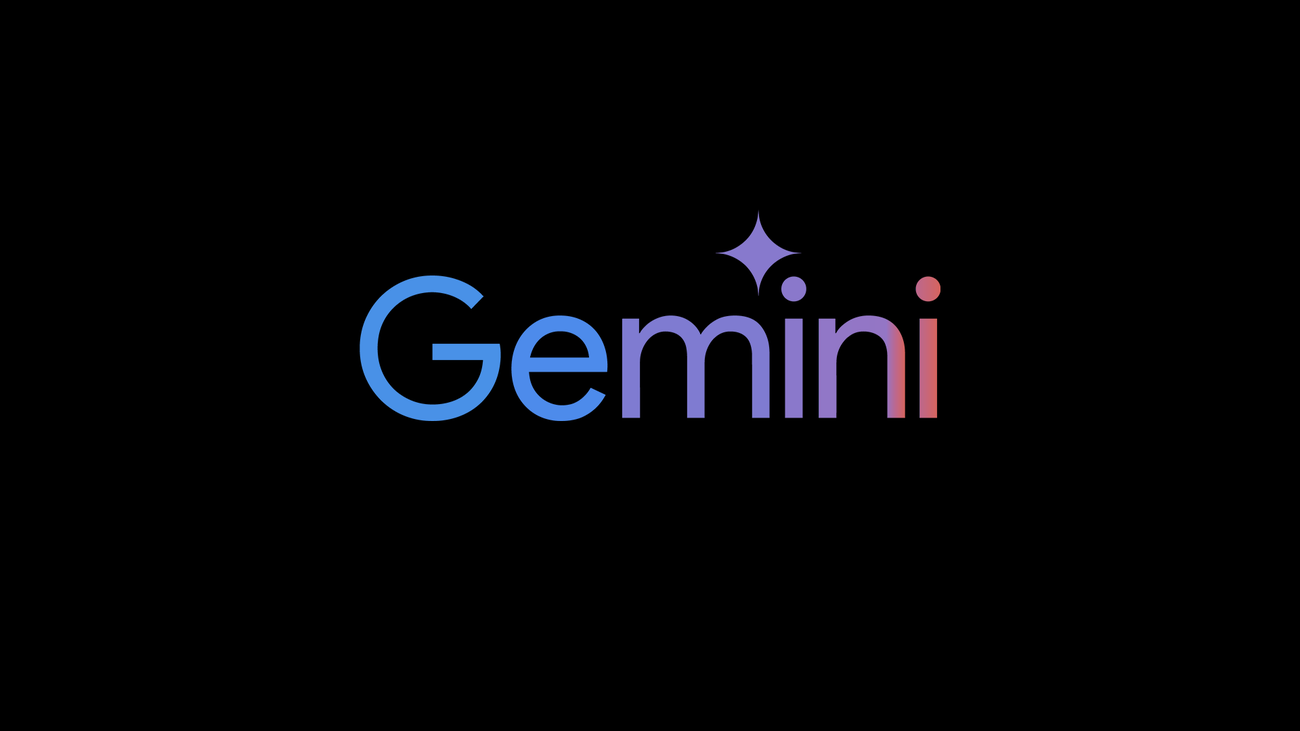AI in Marketing
Artificial intelligence tools are empowering digital marketers but not replacing them.

Artificial intelligence (AI) has grown significantly in recent years and isn’t expected to slow down anytime soon. In fact, AI is projected to see an annual growth rate of 37.3% from 2023 to 2030. From Apple’s Face ID to Amazon’s Alexa, AI is seamlessly integrating into our daily lives. You’ve likely been reading headlines stating that AI is the future of marketing. While AI will benefit the world of digital marketing in many ways, the industry will continue to rely on humans for strategy, creativity, and campaign execution. Just like with any other new technology, there are pros and cons to using AI in marketing.
What is AI Marketing?
AI marketing refers to the use of artificial intelligence technologies to assist with enhancing and optimizing marketing activities. It involves the application of AI tools to help marketers analyze data, gain insights into customer behavior, and automate various tasks. Some of the most common AI marketing use cases include:
- Predictive Analysis
- Real-Time Personalization
- Chatbots
- Content Creation
- Data Analysis
- Task Automation
- Campaign Optimization
Will Marketing Be Replaced by AI?
The short answer is no. AI can’t replace the thought or creativity that the marketing team brings. Since AI tools can’t create original ideas, marketers will always be necessary to strategize and execute campaigns that are authentic, effective, and engaging.
Pros of AI Marketing
AI marketing offers several benefits, ranging from data analysis and personalization to automation and predictive capabilities. By leveraging AI technologies, businesses can enhance their marketing efforts and assure they’re keeping up with competitors and marketing trends. Here are some of the key benefits of AI marketing:
- Data-Driven Insights: AI algorithms can analyze large amounts of data and extract valuable insights. This allows marketers to gain a deeper understanding of customer behavior, preferences, and trends. By leveraging these insights, businesses can make data-driven decisions, create targeted campaigns, and personalize customer experiences.
- Personalization: AI marketing enables marketing teams to execute highly personalized and targeted marketing efforts. With AI-powered tools, businesses can deliver personalized recommendations, content, and offers to individual customers based on various factors, such as geographic location, past purchases, and browsing history.
- Predictive Analytics: AI algorithms can use historical data to make predictions and forecasts about future trends, customer behavior, and campaign outcomes. This enables marketers to make more informed decisions, anticipate customer needs, and adjust their strategies accordingly.
- Enhanced Customer Experience: Chatbots and virtual assistants can provide instant customer support, improving the overall customer experience. These AI-powered tools can help customer service teams handle a large volume of inquiries, provide 24/7 assistance, and offer quick and simple responses.
- Improved Targeting: AI can analyze customer data and behavior to help marketers optimize targeting and improve the effectiveness of marketing campaigns. By identifying the most relevant audience segments and optimizing ad placements, AI marketing helps businesses maximize their ROI by allocating resources more efficiently.
- Automation & Efficiency: AI can help automate repetitive and time-consuming marketing tasks, such as data analysis, content creation, and campaign optimization. This frees up marketers' time, allowing them to focus on strategic thinking and creative ideas.
Cons of AI Marketing
Despite the buzz around AI, businesses should carefully consider the implications of using AI. It’s important to take steps to mitigate the risks and lack of creativity associated with using AI tools. Here are some of the drawbacks of AI marketing:
- Incorrect Information: While you may think that AI technology is accurate, just consider ChatGPT as an example – it can only provide information up to 2021. Additionally, if the data used for training AI models is incomplete, biased, or of poor quality, it can lead to inaccurate insights.
- Investment Required: Implementing AI marketing solutions may require significant upfront investment and effort. Integrating AI tools and platforms into existing marketing systems and processes can also be complex and time-consuming.
- Ethical Considerations: Perhaps the most controversial aspect of AI marketing. Companies should be cautious about posting only AI-generated content without original content, as AI content alone may violate ethical or discriminatory principles, plagiarize, or violate privacy laws.
- Lack of Human Touch: AI-driven marketing lacks the human touch and emotional intelligence that marketers bring to the table. While AI can automate processes and provide personalized experiences, it may not fully replicate the empathy and creativity that humans can offer.
- Chatbots: Even though chatbots are engineered to be as human-like as possible, they’re still programmed by humans and can only take you so far in conversations. People don’t love chatting with bots and can get frustrated when forced into unnecessary questions as a way of requesting assistance.
Popular AI Tools
There are several popular AI tools available that marketers can leverage, here are some examples:
ChatGPT
Now a mainstream tool, ChatGPT is a natural language processing (NLP) AI technology chatbot that allows you to have human-like conversations with the chatbot. The language model can answer questions and assist you with tasks, such as composing emails and generating programming code. Its remarkable adoption rate is evident as it garnered 1 million users within the first five days of its release. Usage is currently free of charge, however, there are paid professional plans.
Perplexity
Perplexity AI is a new AI-chat-based conversational search engine that delivers instant answers to questions using language models. Unlike ChatGPT, the platform also cites the sources it has used to provide the answer, making it easier for users to validate the information. The free AI chatbot is available via web browser and the Apple App Store.
Google Cloud Vision
Google Cloud Vision is a powerful and widely used image recognition tool. It offers a broad range of image analysis capabilities, including image labeling, face detection, object recognition, and optical character recognition. It can also detect explicit content within images. Pricing is tiered - the first 1,000 units used each month are free.
Jasper AI
Jasper AI is an AI writing tool designed to generate marketing copy, such as blog posts, product descriptions, company bios, ad copy, and social media captions. Jasper AI offers a 7-day free trial and various pricing plans.
DeepL Translator
DeepL AI Translator is known for its high-quality text translations between 26 languages, including English, French, German, Spanish, Portuguese, Italian, Dutch, Polish, Russian, Chinese, Japanese, and Korean. Because of its artificial intelligence capabilities, DeepL uses a neural machine translation system that is trained on a dataset of text and code. Free 30-day trial.
Is AI the Future of Digital Marketing?
While AI is not going to replace marketing, it certainly will be enhanced by its capabilities. With the rise of AI tools, marketing departments can streamline processes, automate tasks, and analyze large amounts of data. AI will provide valuable insights, enabling marketers to make data-driven decisions. Marketing involves human creativity, strategy, and the ability to build relationships with customers. AI cannot understand the nuances of human language or the emotional impact of marketing messages, whereas marketers can bring creativity, humor, and persuasion to content and campaigns. AI by itself falls short of creating the human touch that is essential for successful marketing campaigns.
What’s Next?
As new AI technology is constantly emerging, artificial intelligence in marketing will continue making waves. Embracing AI in marketing can help businesses unlock new opportunities and assist marketers with launching innovative and impactful marketing campaigns.





